The supplements versus whole foods conversation can be a confusing one. This post will set things straight!
I’m sure you know by now that the supplements market is a huge industry in the United States. And maybe you are one of the 80% of Americans who take supplements every day.
Or perhaps you’re wondering if you should be taking supplements and if they’re something you need.
Well, I am happy to say this post is super informative and helpful and will help to set a few facts straight when it comes to supplements versus whole foods. Which is better?
Read on to find out!
What are Supplements?
Supplements are a way to get extra nutrients like vitamins and minerals by taking a pill. People who don’t like vegetables, for example, will take a supplement as a way to get their missing – and all important – Vitamin C or A and more. And if a person does not eat meat, they may take a daily supplement to get missing minerals like copper, iodine, or zinc.
But research does show that when you get the required vitamins and minerals from whole foods rather than supplements, the benefits are more long-term and better in general. We’ll unpack that below.
Who Needs Supplements?
If you are following a diet that may lack some of the nutrients you should have, or if you have a disorder that perhaps reduces the absorption of vitamins and minerals, then you may need supplementation.
But right out of the gate here, I’ll back up with science (you know I love to learn and pass on the science of things!) that balancing supplementation with whole foods is an essential part of the picture. Studies show that although people may think taking supplements is “an easy way to stay healthy” it just isn’t true.
The same study points out an interesting fact that caught my eye. Today, and this is taken directly from the study too, “diseases nowadays are not marked by deficiency, rather overconsumption of foods tends to be the major cause of chronic diseases such as cardiovascular disease, diabetes and cancer.” Filling up on processed foods that are high in fat and lacking nutrition causes harm. Instead, we need to eat cleanish and we’ll be a whole lot better off.
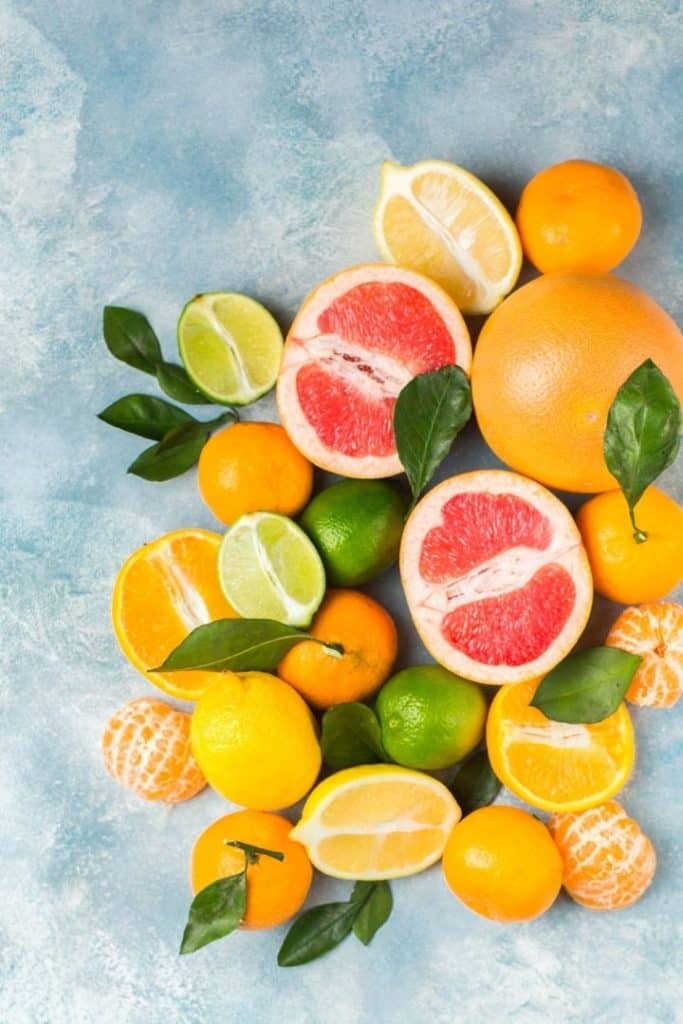
MORE Than Just Essential Nutrients
That takes me to my next point about supplements versus whole foods. Whole foods offer so much more than the standard nutrients found in supplements.
What do I mean? Well, vitamin supplements can give you Vitamins A, B, D, E and many more, and they can provide minerals like calcium, iron and potassium.
BUT whole foods have much more to offer! I’m talking micronutrients, phytochemicals and other organic compounds that are produced naturally by whole foods.
Let’s look at phytochemicals. This Oregon State University article lists many, and points out that these essentials come from plant-based foods like fruits and vegetables. No pill form supplementation can give you these:
- Curcumin (see my post on 10 Amazing Benefits of Turmeric to see more about curcumin)
- Fiber (so important for your body – read how to get more here)
- Flavonoids come from fruits, veggies, and yes, even chocolate
- Lignans can be found in seeds and legumes as well as veggies and fruits
- Resveratrol may prevent cancer and neurodegenerative diseases
- Cartenoids are antioxidants
Backing Up Beetroot Juice
I’m going to add this in because it gives even more backbone to the statement whole foods are better than supplements.
And truth be told, I’m about to back up more than beetroot juice. How about fruits and vegetables too?
We’ll start with interesting info I found on beetroot juice when doing research (I LOVE research and the science behind delicious foods). To start, the nitrates in beetroot juice are known to be effective for exercise.
But studies have shown that beetroot juice does so much more (because of the presence of naturally occurring nitrates, than a nitrate only drink. Both muscle pain reduction and positive effects on exercise can be seen with beetroot juice over a supplement.
If we look at eating whole fruit instead of taking a vitamin, the evidence is there as well that whole food prevails. Eating an orange, for instance, rather than taking a vitamin C supplement gives you fiber, lutein, and flavonoids that are reduced when taken in pill form. To note, juicing your orange reduces the nutritional effects somewhat as well (whole is always better) so if you don’t want to eat an orange, add it to a smoothie rather than juice it. Don’t forget other awesome fruits with vitamin C, such as guavas, berries, and pineapples.
So remember, whole fruits and veggies are always the best way to get your daily nutrient intake, including the essential phytonutrients. I can suggest broccoli, spinach, and kale as some of the top cruciferous veggies known to do great things, like fight cancer and inflammation. And if you’re dealing with inflammation, read my post on inflammation, specifically the 18 Top Anti-Inflammatory Foods | Plus How to Get Rid of Inflammation.
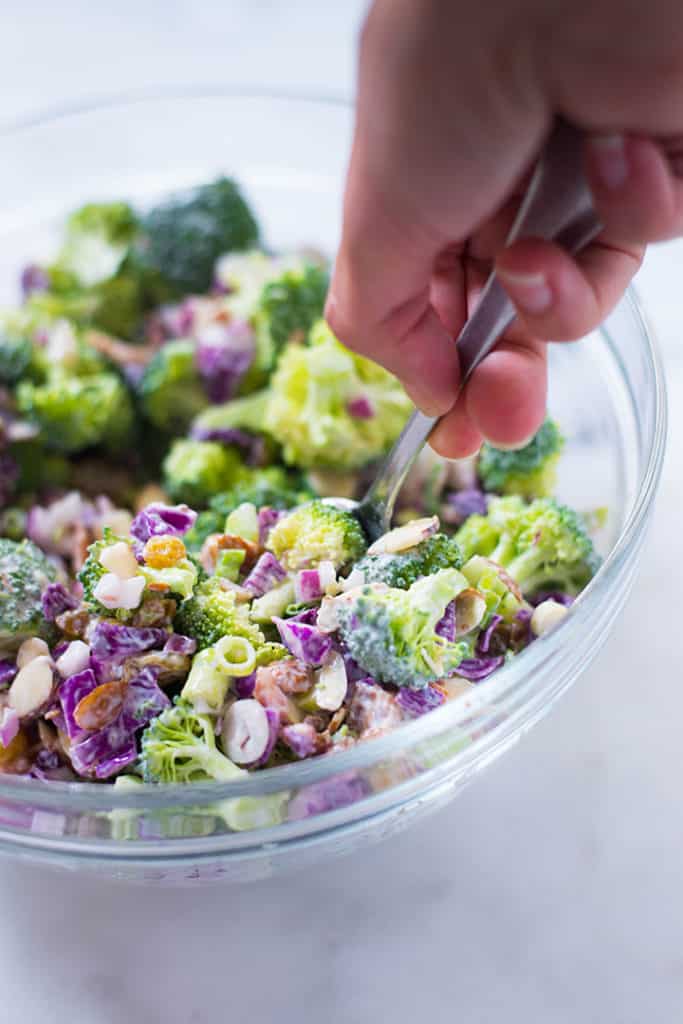
Are There Safety Concerns With Dietary Supplements?
I have two safety concerns on my mind when I talk about synthetic supplements over whole foods.
The first concern is dietary supplements are not regulated by the FDA so you can never be 100% sure of what you are getting. Have the ingredients been contaminated somehow? Is what you are buying and consuming really what the label says? The FDA checks these products on the market only, not when they are being manufactured.
My second concern is too much of a supplement can be harmful. It can be dangerous to your health to overload with a supplement. For example, if you take too much zinc, you can reduce your absorption of copper. And if you over-supplement with iron, you can reduce your zinc absorption and even cause harm to your organs. Hyperkalemia can be caused by too much potassium. As you can see, it can all get pretty complicated if you aren’t careful or don’t have the knowledge.
I say, stick to whole foods if at all possible.
I’m not saying that synthetic vitamins are bad. Remember I mentioned above that if you have a deficiency for some reason, like an ability to absorb the vitamins and minerals in foods, you may have to take a supplement under a doctor’s care to help you maintain the necessary levels. One supplement I wrote about recently is ACV gummies and you may be surprised by what you learn. Take a look here.
How Do You Know If A Dietary Supplement Is Safe?
Although I prefer whole foods, it's good to know a little bit about supplements on the shelf.
- To ensure a dietary supplement is safe, look at the USP label. This means that “brands that display the USP Verified Mark signal to the public that what’s on their label is what’s in the bottle”.
- Choose a standardized product also, to be sure the ingredients stay the same with every bottle.
- Buy from established health food stores and providers to ensure some quality assurance. Purchase supplements manufactured in the US too.
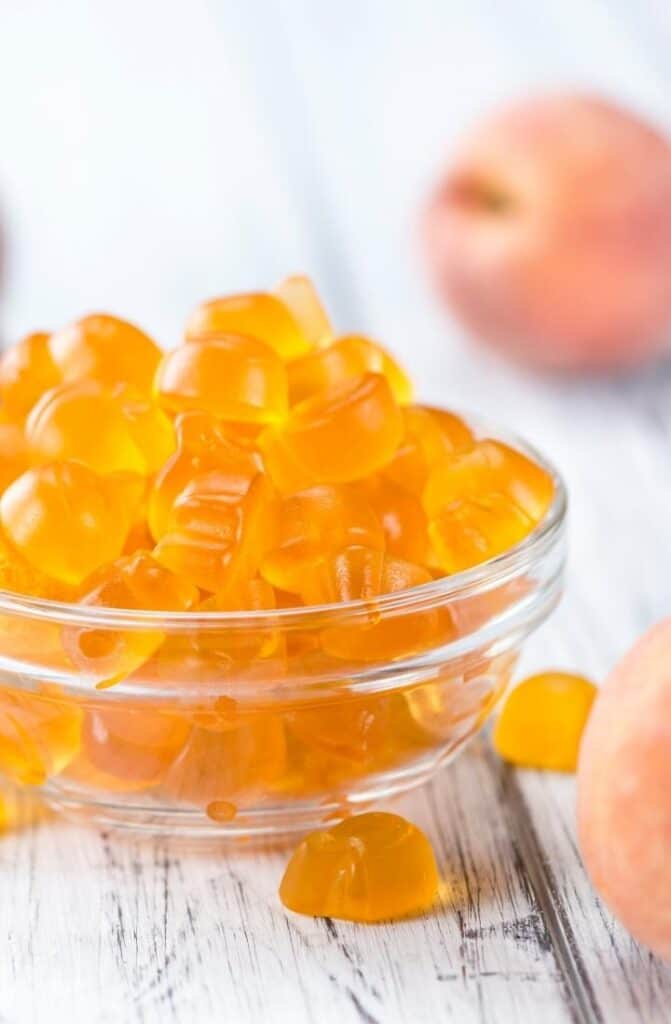
So, No To All Supplements?
I don’t say no to all supplements but I do think the word “supplement” is a pretty broad term.
I do supplement my diet with protein powder and have written a few posts on protein, including The 4 Best Protein Powders and How to Choose a Good One. And in case you don’t know already, I’ve developed a delicious protein powder because I know that it’s something beneficial to good health.
I’ve made videos about protein, for example, Why Women Need To Eat More Protein and Protein Shakes: Before Or After Workout. I believe strongly that an adequate amount of protein is important to optimal health and I know it can be so hard to get the protein you need. So yes, Cleanish Protein Powder is an option if you want to boost your daily protein intake – I do, because I am often on the go and a quick shake gives me the pickup I need.
Another supplement you may want to think about is amino acids. You can boost this muscle recovery and growth aid by drinking green tea. Amino acids are also found in protein, so again, a protein powder is an easy way to get the amino acids you need if you’re protein intake is lacking. Stress reduction is a benefit of the anxiety-reducing effects of amino acids and when you combine them with the caffeine in green tea, you’ll increase your reaction time and your attention span.
Collagen is another good one. It's made of amino acids that are "bound together." Proline, glycine and hydroxyproline work to give elasticity to your skin and aid in cell growth, plus a whole lot more. As we age, the collagen in our body breaks down more quickly, so it's not a bad idea to supplement. Whole grains, seafood and eggs are good sources of collagen. And if you're concerned that you aren't getting enough, cleanish Collagen Peptides have 0 added sugars or additives and can be added to a shake, water, milk or your favorite coffee.
Other organic compounds that are healthy are creatine (great for cognition and strength), and Omega-3 fatty acids, which have a ton of good things about them like aiding heart health. Salmon is a tasty source. Melatonin aids sleep, but research is showing that many people are supplementing too much. Eggs (they have tons of benefits) and fish are whole food sources I recommend, instead of trying to up your intake via pill form and overdoing it.
Lastly, plant/herbal formulations and extracts fall under the supplement umbrella. Again, I always say go for getting these nutrients from natural sources. Curcumin from turmeric, apigenin from chamomile, and gingerols from ginger are all beneficial to great health. Go natural and try ginger for its amazing benefits.
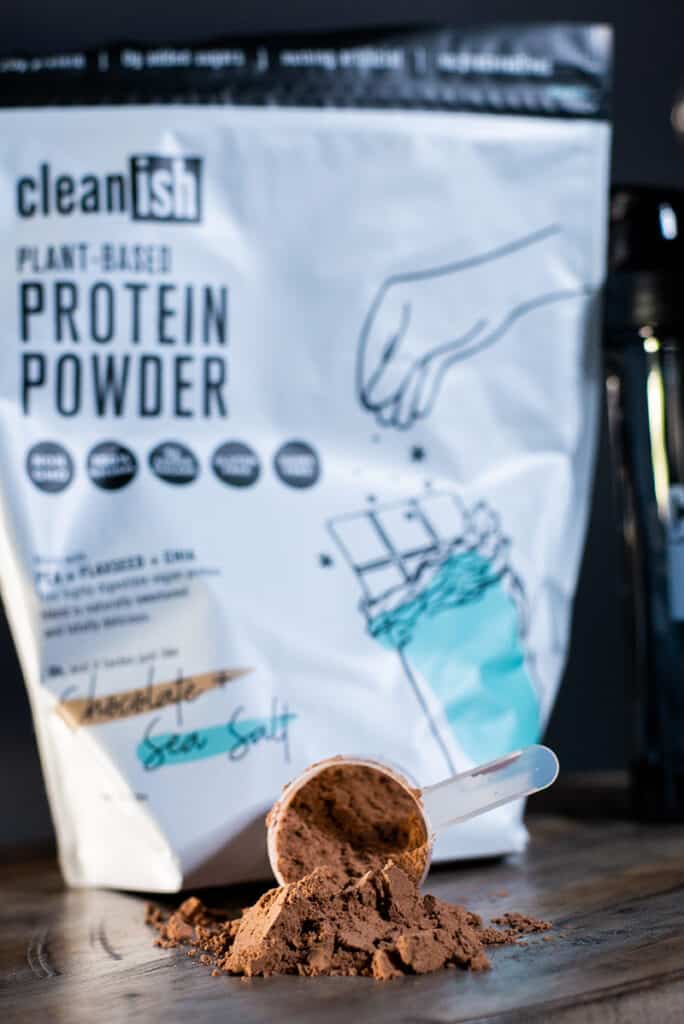
Final Round-up for Supplements Versus Whole Foods
After all of this, I will say the only supplement I take 100% of the time is protein. As I mentioned, I like it because an easy-to-make protein shake on the go is just what I need to keep me going. I want to optimize my energy levels and be the best I can be!
Sure, taking extra quantities of some types of supplements, like protein, can do you good and when you take the supplement with knowledge and care, doing so can be beneficial. But never try to replace the fantastic benefits of a clean diet filled with healthy, tasty and satisfying foods. Trying to take a shortcut to nutrition is never a good idea. And why would you want to with so many delicious foods out there?
In closing, most of us do not need to supplement with synthetics unless we have a deficiency (let your doctor decide). Eating whole foods is the way to go, rather than not having a healthy diet and trying to fill in the missing pieces of the puzzle with supplementation.
Instead, join the Cleanish Movement to maintain a sustainable and easy-to-follow lifestyle. Whole foods, a healthy mindset, and daily fitness goals are the main components and if you need help, check out my 30-Day Healthy Program to get you started on a terrific journey to good health!

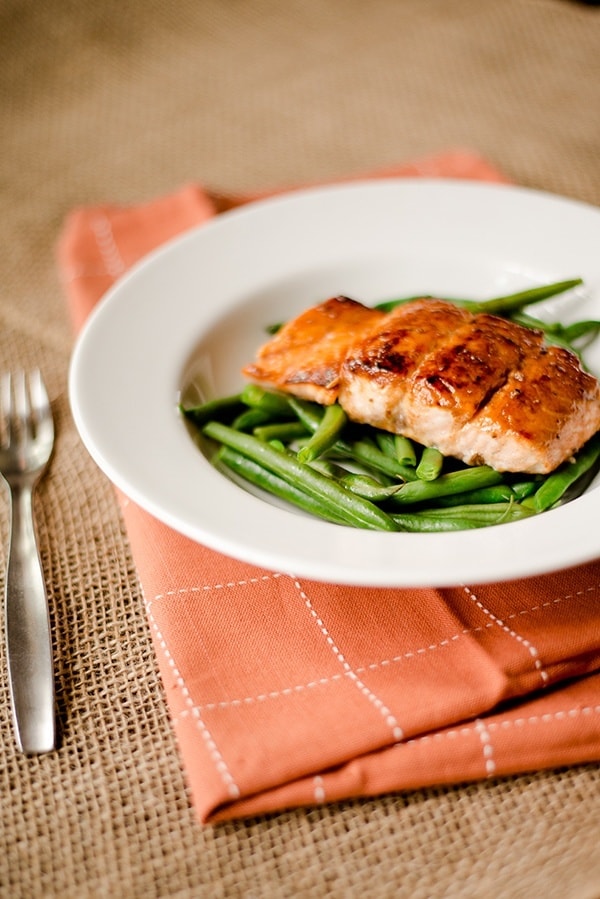
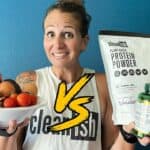
Indian Crackers
Good
Indian Crackers
Recently I love you information very much . And its so helpful